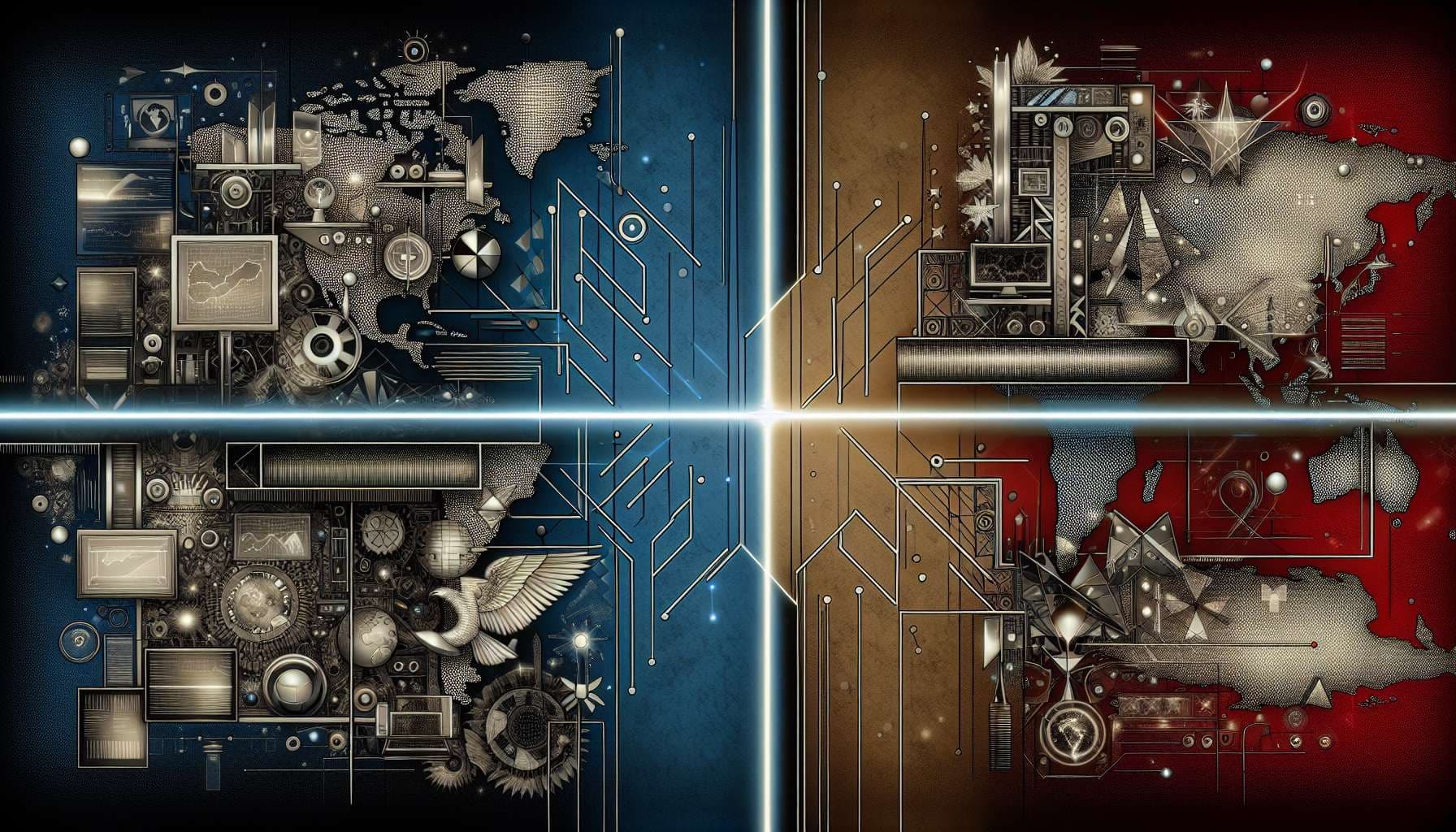
Basically if a mix of stuff like:
• Strict economic sanctions,
• Public statements of the intent to "beat" or fight against China made by US officials in an official manner,
• Efforts by both sides to try and make themselves look more successful, innovative etc. than the other
and so on, happen.
Will tensions rise until such a situation materializes, or will it all be derailed by any number of things that could happen in both countries?
This will resolve to no early if such a situation happening becomes impossible. (The US federal government is dissolved, China's gornment is toppled in a far right coop, the US becomes communist etc.)
Uhmmm, I think it's important to understand that there's no exact definition of a Cold War and the dynamic between US and Soviet Union was one with unique characteristics at a particular point in history. If you follow to the political rhetoric, some politicians and officials have already called it a Cold War. And all 3 are happening, especially 2 and 3. #1 is less because of how entangled US and China's economies and to each other and the global economy, whereas Soviet economy was never that integrated to sanction in the first place.
More academic people are calling it a geostrategic rivalry, and an intense one at that. So in many sense, the Cold War label might be appropriate, but also woefully misleading in other aspects. For one, despite the 'communist' moniker, this rivalry isn't driven by a fight of ideologies (nonexistent), or even authoritarian vs. democracy (a secondary factor). In addition, neither US nor China has the essential end goal of toppling the other, or even consider it a high realistic possibility. It wasn't even the essential end goal of US and Soviet Union to topple each other toward the end of the Cold War, whatever the public rhetoric may lead you to believe.
According to your criteria, I would lean toward 'yes, it's already here'. But to serious scholars and professionals, there is major framing issue and the Cold War label may be wholly inappropriate. But such is expected as international relations is often misunderstood by even educated cohorts of the public, frequently propagandized, with even historical accounts of the past highly narrative-driven.
Bilahri Kausikan - Singaporean diplomat and one of the most sought-after analyst on the issue (more so in the West than China). U.S. vs. China: Don’t Call it a Cold War https://www.youtube.com/watch?v=vBLGXLhZxhU